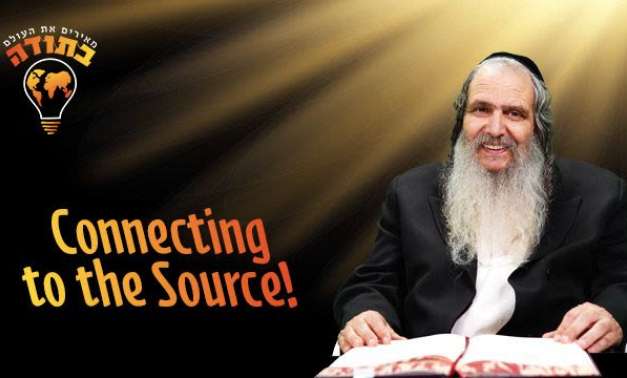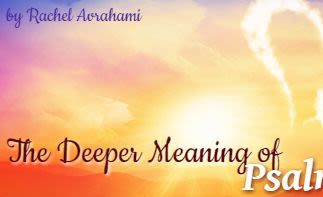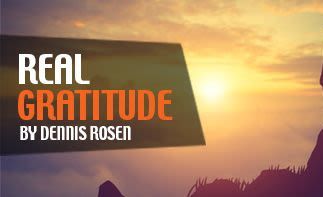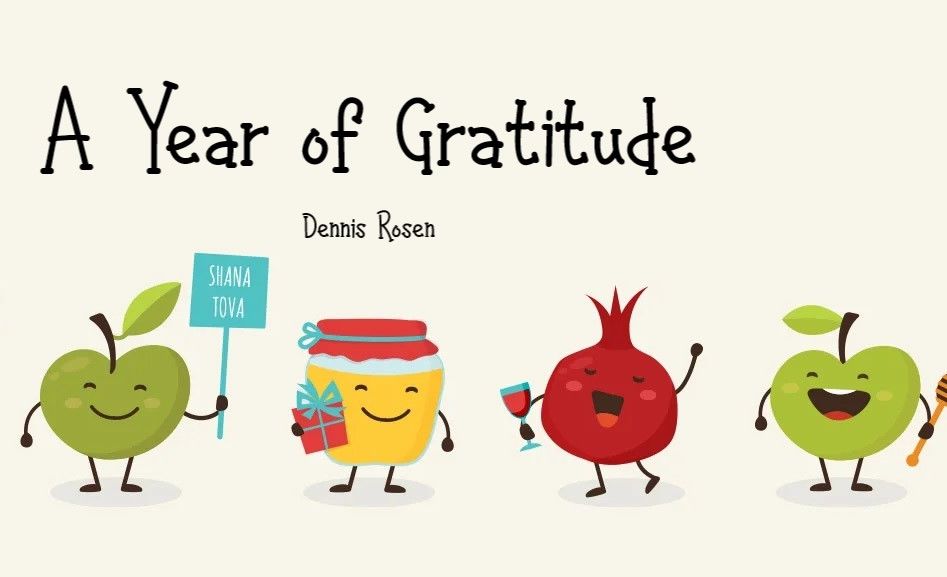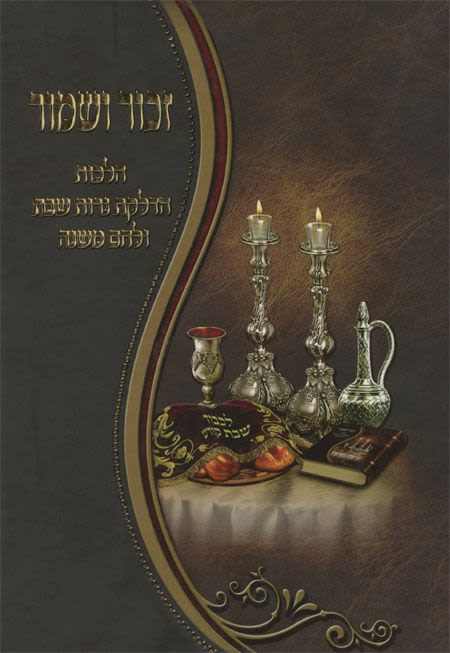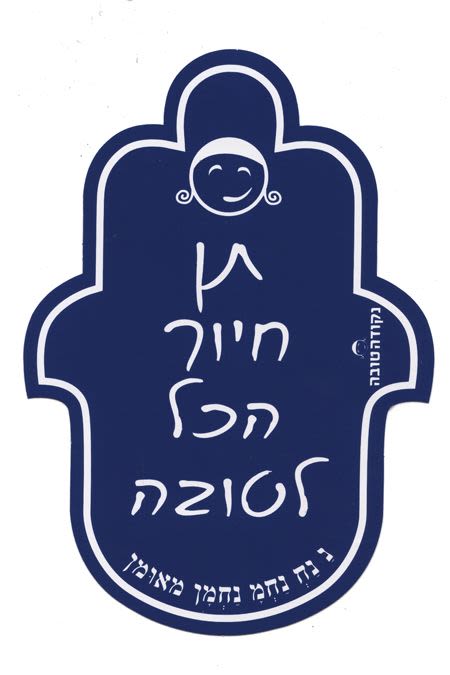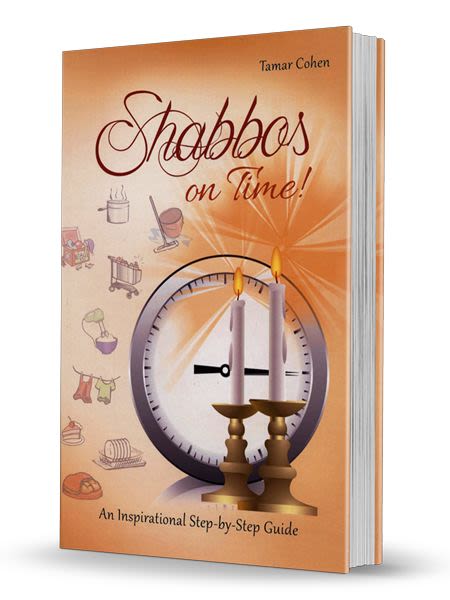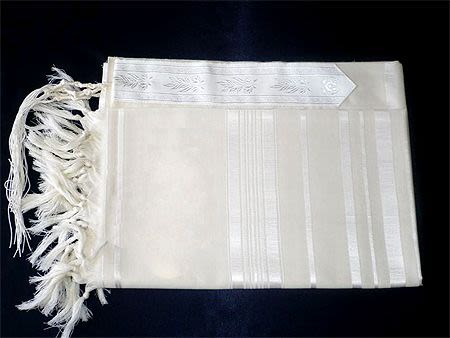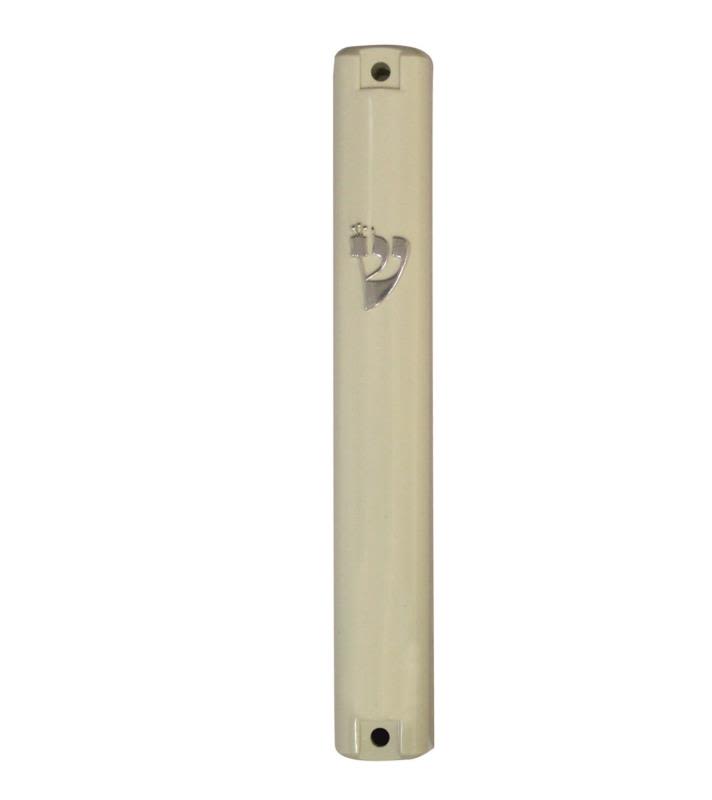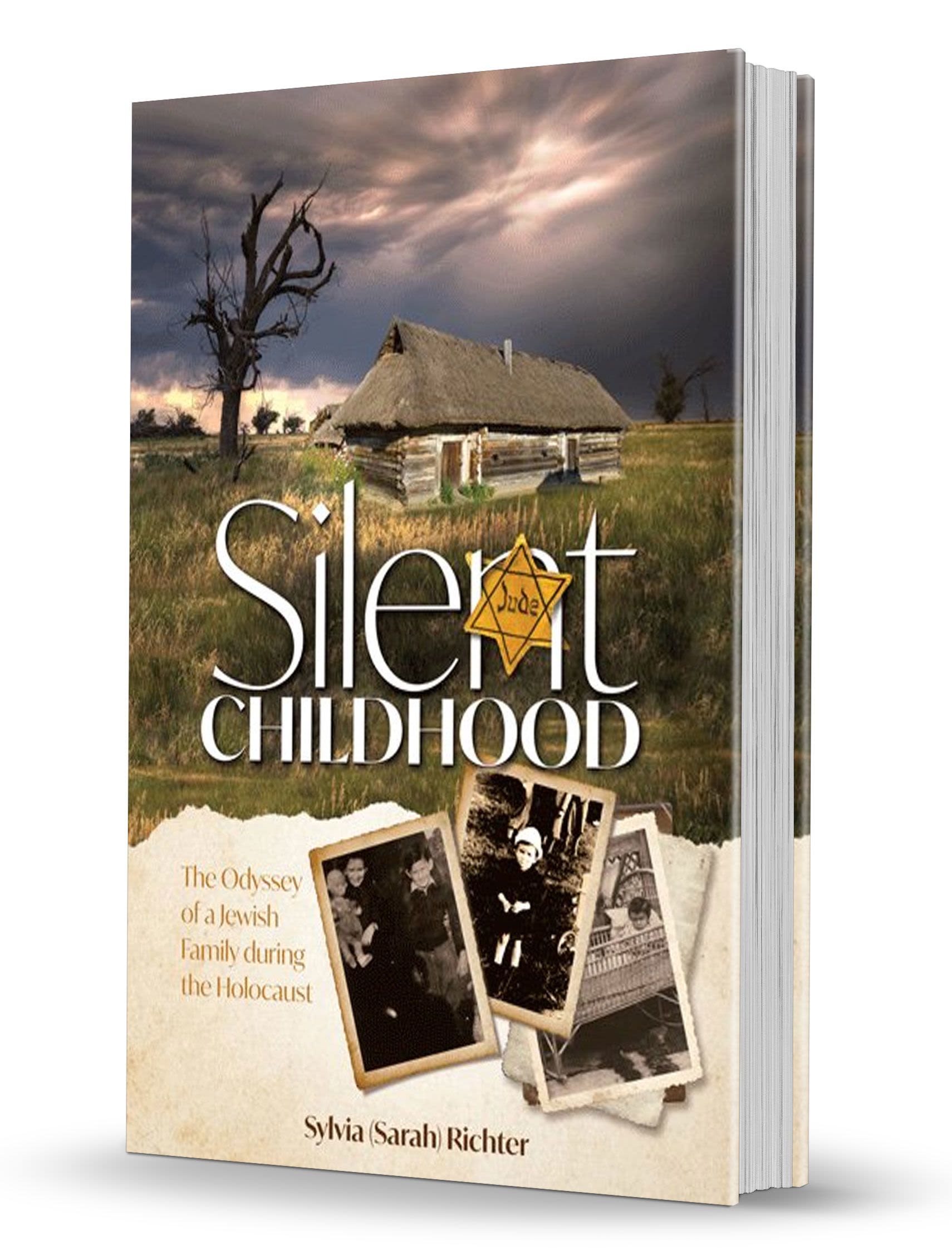
The Newspaper Boy
Hashem wants a relationship with all of His children. When you say “thank You” to Hashem, it is to give to Him rather than to get something from Him.

Rabbi Shalom Arush encourages everyone to recite Psalm 100, Mizmor L’Todah, “A Song of Thanksgiving” eight times a day (see A Critical Update). We must thank Hashem for everything in our lives, and when we thank Hashem for all the good and the difficulties, and recite this special Psalm daily, we will see huge salvations.
In verse four of Psalm 100, King David tells us “Come to His gates with thanksgiving, His courtyards, with praise.” What does this verse come to teach us about thanking Hashem? The following story about a newspaper boy will help explain…
There was once a newspaper boy whose delivery route covered all of the residents of the capital city of his country, including the king. Every morning, as he delivered the paper to the castle, the king would be taking his morning stroll. The newspaper boy was allowed the privilege of personally handing the paper to the king. When he did so, he would thank the king profusely for everything that he has: “Thank you, great king! I have the most wonderful school system and teachers and friends and it is all thanks to you, our king, who runs this country so beautifully.” This ritual took place every morning.
The boy’s father was a potato farmer whose main competitor was a high minister in the king’s court. The minister saw the boy’s father as a thorn in his side and wanted him out of the way. The minister conjured a conspiracy to accuse the father of organizing a rebellion against the king. On the basis of the minister’s word, the father was summarily thrown into prison. The boy’s father called on his best friend, a very high minister in the king’s court, to approach the king to plead his innocence and explain that the accusation was just a part of a big conspiracy. The father’s friend tried to arrange for an appointment with the king, but his request was denied. The country was currently under the threat of an impending large scale war and the king was much too busy to deal with the father’s case.
The father then approached another friend, a prominent the lawyer, who played golf with the king. The lawyer tried to arrange an appointment for a golf game as an excuse to plead the father’s case, but the lawyer’s request was denied.
Then the next morning, when the boy came to deliver the newspaper, he did not smile and thank the king. “What’s the matter?” asked the king. “Why are you not thanking me as you always do?” “My father has been imprisoned and so I cannot be cheerful this morning!” cried the boy. “What?!” asked the king. “But I love how you thank me every morning for everything that I do for you. And if this is making you sad, I will release your father at once!” said the king.
The father, elated by his release, organized a huge thank you party. When his friend the high minister arrived, he asked the father: “Who do you know at the castle that is closer to the king than I am and was able to arrange for your release?” “It was my young son!” said the father. The minister did not believe the father, thinking that he was just trying to keep to himself a valuable connection at the king’s court. Then the father’s lawyer friend arrived, and he too wanted to know how the father arranged for his case to be pleaded before the king. Once again, the father explained that it was his young boy. The lawyer likewise did not believe him.
Then his honor, the king himself, arrived at the party, and upon seeing the young boy he smiled and said “Are you happy now?” The young boy was so thankful to the king and could not stop praising him.
The minister and the lawyer approached the king, wanting to know why he answered the boy’s request. “I have a very special relationship with this boy,” said the king. “Every morning when he delivers the paper, he praises me and thanks me for everything that he has. Now that he needs something, I wanted to help him. All these years the boy simply praised and thanked me, without ever asking me for anything. My relationship with you is that you only come to me when you want something from me. All of the praise that you have given me was only for the purpose of taking, instead of giving.”
Hashem, our King and loving Father, wants a relationship with all of His children. There is nothing that He loves more than for His children to get up every morning and say “Modeh Ani” (“thank You, Father”) for another day of life so that I can serve You. We then continue with the morning blessings, thanking Hashem for our eyes, our clothes, and so on and so forth. Our Sages, of blessed memory, instituted these “thank you” prayers right as we get up in the morning to form a special relationship with Hashem.
After we have done that, we can ask Hashem for anything we want!
Editor’s Note: So far, I have found more than 40 thank You’s to say to Hashem just based on the Morning Blessings.
For instance, for the blessing “pokeach ivrim,” “who opens the eyes,” don’t just thank Hashem that you aren’t blind. You can thank Hashem for your sense of smell, taste, touch and hearing as well. Also thank Hashem that you are close to Him and are not “blind” to the truth.
For “zokef kefufim,” “who straightens the bent,” thank Hashem for your emuna, since we must “stand” in our emuna (Rabbi Arush’s commentary in the Siddur – Lev Shalom). Also thank Hashem for your strong back, that enables you to stand up straight, and also bend without pain! And even if your back hurts, G-d forbid, thank Hashem for that too.
How many thank you’s can you find?


